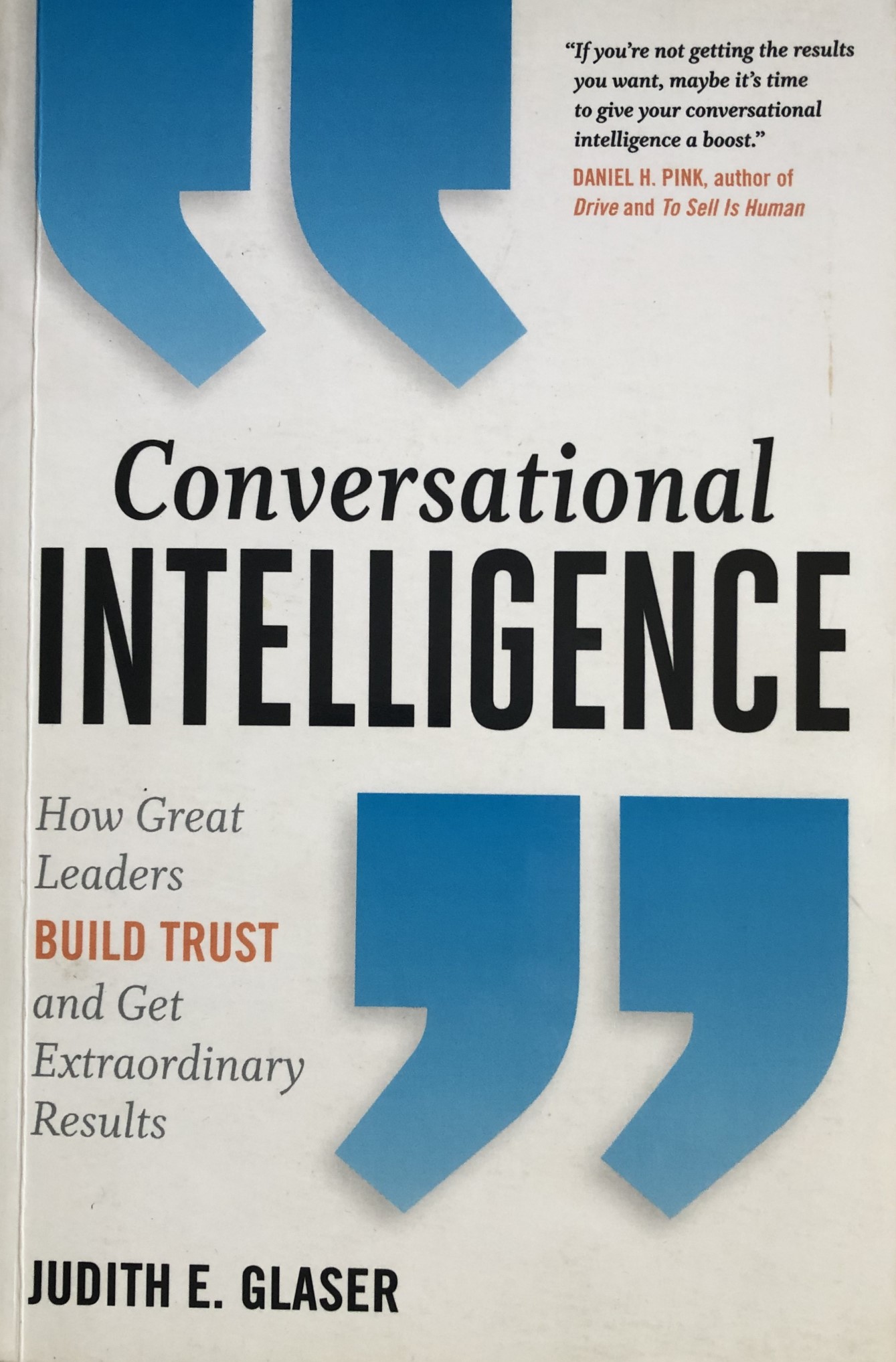Effective Communication
Definition of Effective Communication
In my book, The Emerging Leader, I identify Effective Communication as one of the 7 Core Characteristic of Effective Leadership and I define it, in terms of its importance for aspiring leaders, as: “Effective leaders understand the power of words and their ability to inspire, support, reassure and direct their people. They communicate with clarity of purpose.”
Readers are introduced to a number of important concepts that are worthy of their further review, with each author, presentation or key point being referenced (with appropriate links) to encourage engagement or additional study.
For others, the reading may have evoked long forgotten hopes of becoming more effective communicators. Establishing that skill will take time and patience and a willingness to appreciate the many aspects of conversational competency.
From now onwards, make your modus operandi effective listening - through asking open questions, practicing conversational agility, style flexing, handling those difficult conversations and, most importantly, stop being a manager who tells their people how to… ☹️
I believe that understanding the importance of communication, as a key management competency, is crucial; but mastering and applying the essential fundamentals of effective conversation is the key to success in the leadership role.
Conversational Intelligence®
Conversational Intelligence® is the Registered Trademark of The CreatingWE Institute.
In 2016, I read an amazing and game-changing book that pulled together much of what I had learnt over the years about human behaviour and how to apply effective communication, but also much more. The book, by Judith E Glaser, was Conversational Intelligence How great leaders build trust and get extraordinary results.
She stated that “…conversational intelligence is the hardwired ability in all humans to connect, engage and navigate with others. It is the most important intelligence that gets better when WE do it together. While the other types of intelligence are more I-centric in nature. It is a co-creative effort that is all about closing the gaps between your reality and mine.
Conversational Intelligence® (C-IQ) is a revolutionary body of work leveraging the power of neuroscience to create profound and lasting transformation for individuals, teams and entire organisational cultures. Combining science and intuition, C-IQ aspires to shift our world from an I-Centric to a WE-Centric focus and architect conversational transformation on a neuro-chemical level.
Whether applied to individual leaders and executives, teams or entire organisations, C-IQ is a force for positive transformation such as establishing high levels of trust, triggering growth and innovation, overcoming limiting conversational patterns or gracefully navigating difficult conversations.
Conversational Intelligence® is the key to success in life and business. It’s not about how smart you are, but how open you are to learn new and effective powerful conversational rituals that prime the brain for trust, partnership, and mutual success”.
Acknowledgement: Author and Organizational Anthropologist, Judith E Glaser
Practical Application
As a professional coach, certified in Conversational Intelligence® and often utilising C-IQ frameworks and tools, I am equipped to facilitate workshops and in-depth reviews.
These sessions invariably elevate trust, identify improvement opportunities and shift organisations towards more open and co-creative ways to communicate
However, should you wish to gain C-IQ accreditation or further explore what is on offer from The CreatingWE Institute, click on the LEARN MORE button below.
Academic Footnote
Judith E Glaser referred to the following as Conversational Essentials:
- Being open to influence
Most of all, be open to changing your mind
- Priming for Trust
Transparency; Relationship; Understanding; Shared Success; Truth-telling
- Ask Questions for Which You Have No Answers
Co-create a space for ‘sharing and discovering’
- Listening to Connect, not Judge, Confirm or Reject
Open yourself up to connect to the other person’s ‘view of the world’
- Sustaining Conversational Agility
Enables you to create ‘conversational space’ for wisdom and insight to emerge
- Double-clicking
By seeking clarity, you gain a better understanding of the other person’s unique point of view
